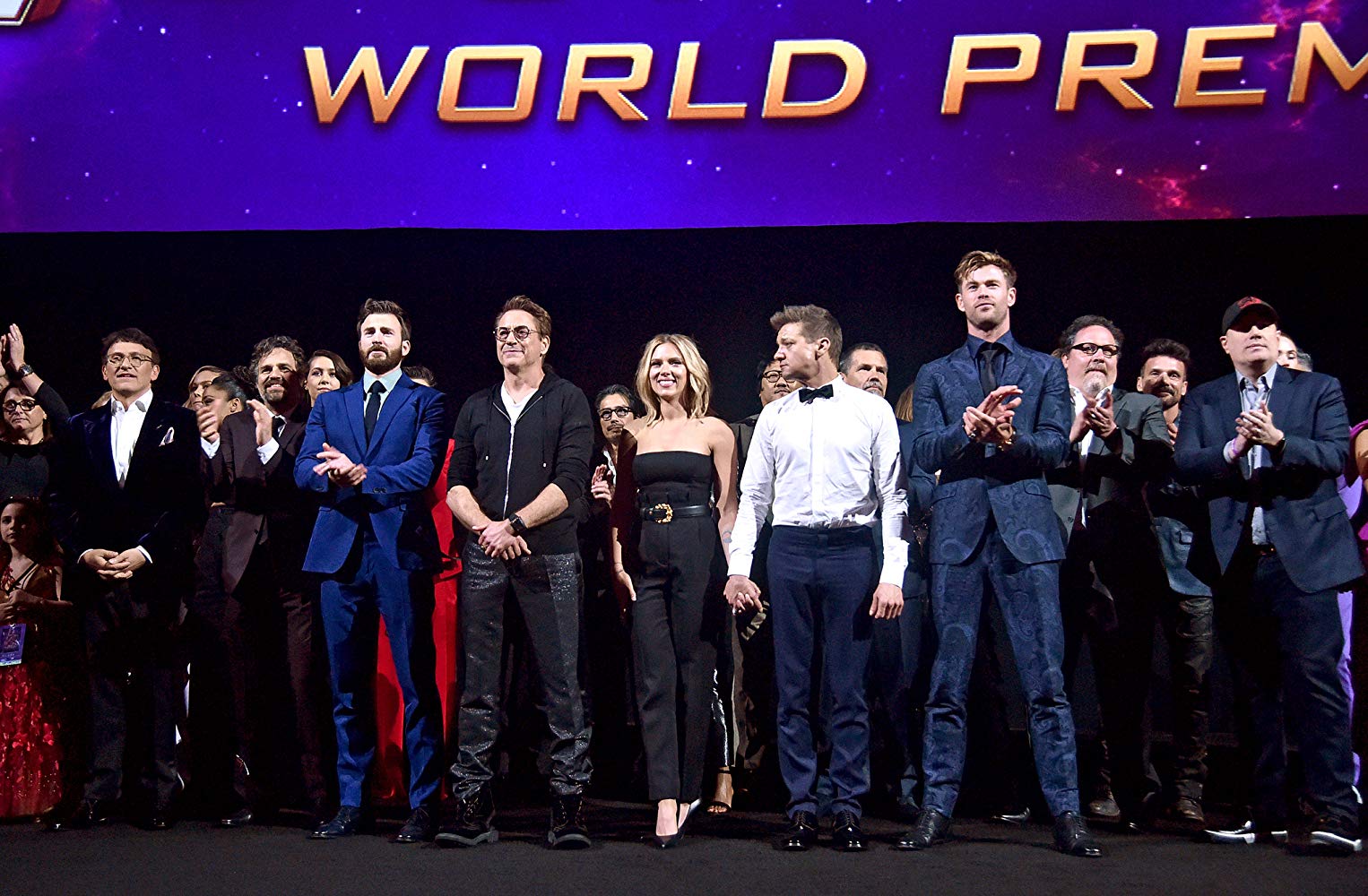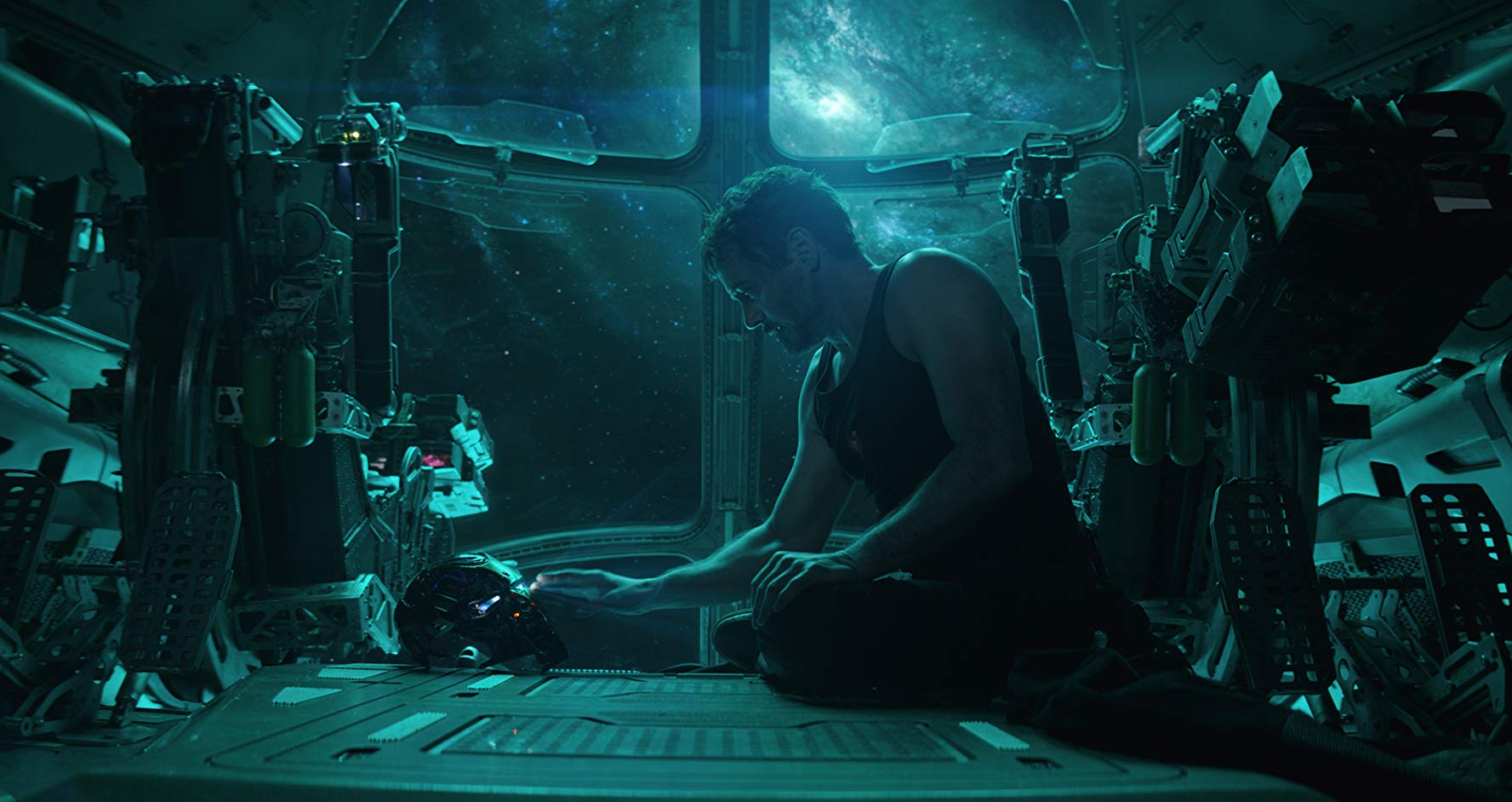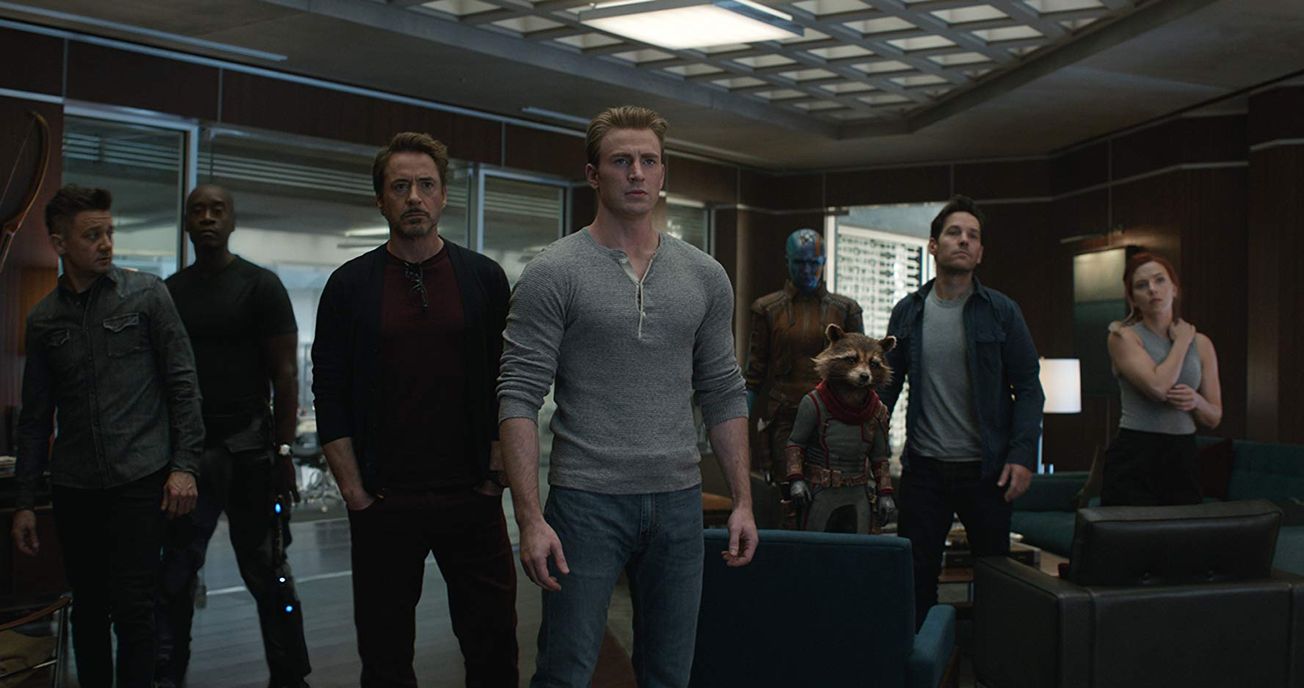By Ashley Yonga, Deputy Online Film & TV Editor, 2017-18
Avengers: Endgame (2019) is the final Marvel film in the ‘Infinity Saga’ and closes an era in which the MCU has changed how film franchises work, with massive economic and cultural success.
YouTube / Marvel Entertainment
Unless you’ve been living under a rock for the past ten years, you’ve probably heard a thing or two about the Marvel Cinematic Universe (MCU). You may not know it by that name, but you’ve most likely heard the references to Thanos, Captain America, Iron Man and co. probably one too many times. As the latest instalment, and the end of the Avengers era, is soon arriving, it’s important to reflect on the impact that this franchise has had not just on its audience, but possibly on the film industry and the world as a whole.
First, let’s get a bit of an understanding of what is covered by the MCU. According to a most reliable source (Wikipedia), the MCU is ‘an American media franchise and shared universe based on characters that appear in American comic books published by Marvel Comics.’ There are 21 films so far, but the MCU also includes TV shows such as ABC’s Marvel’s Agents of S.H.I.E.L.D (2013-), Netflix’s Daredevil (2015-18), Jessica Jones (2015-19), Luke Cage (2016-18), Iron Fist (2017-18), The Punisher (2017-19), The Defenders (2017), and Hulu’s Runaways (2017-).
From the end credits to the endgame...
— Marvel Studios (@MarvelStudios) April 22, 2019
We owe a majority of these remarkable stories to the original comic book writers, the late Jack Kirby, who was an artist and creator as well, and Stan Lee, who sadly passed away last year. The universe they created lives on in the MCU and it is expansive, the well of stories increasingly deep and apparently, they’re just getting started.
The MCU changed the way a franchise works. Typically, a franchise has its lead – Harry Potter, Katniss Everdeen, Bella Swan, Jack Sparrow, James Bond – and the audience follows them, and their growing list of characters, through years of films. With the MCU, however, things are slightly different. Never had something this ambitious been attempted in the film industry especially within quick succession in a ten-year time frame; from its inception with Iron Man in 2008 there were few long breaks, with 2009 being the only year without an MCU film.
The rapid churning of new films might lead one to believe that detail was sacrificed for timeliness, yet this was never the case. In fact, the next film, with only some exceptions like Thor: The Dark World (2013), spelled bigger and better things and, as technology rose to the challenge of what the MCU was creating, the universe became richer and more immersive. Every inch was meticulously planned leading to a grand finale in Avengers: Infinity War (2018). This demonstrated the genius and brilliance of the writers, executive producers, actors, directors and the conductor of this intricate symphony, the President of Marvel Studios, Kevin Feige.

IMDb / Photo by Alberto E. Rodriguez / Getty Images
In contrast to other film series, each superhero basically has their own franchise which then leads into to the larger MCU. Therefore, one could technically be a Captain America fan who doesn’t watch the other films, although you’d be missing out on a lot. Amazingly, each film also has its own tone and genre: they’ve described Thor: Ragnarok (2017) and the Guardians of the Galaxy films as more comedy while Captain America: Civil War (2016) could fall into the drama category. Spiderman: Homecoming (2017) is more of a coming of age story and Captain America: The Winter Soldier (2014) has a serious spy thriller element to it. Black Panther (2018) is of a genre of its own as it transcends what we think a superhero film can be, creating a cultural change so big it was nominated for an Academy Award for Best Picture.
While this creative success is commendable, the economic triumph of the franchise makes the claim that it is one of the greatest film series of all time irrefutable. The worldwide gross of Black Panther, according to Box Office Mojo, currently stands at over $1 billion, and Captain Marvel (2019), the MCU’s latest release, recently passed that mark as well, having been in cinemas for just two months. These two included, seven of the MCU films are members of the Billion-Dollar Film Club. This club boasts an exclusive 38 members and includes Jurassic Park (1993), The Dark Knight (2008) and Star Wars: Episode I – The Phantom Menace (1999). MCU’s 21 films have grossed a total of $18.5 billion, which I’m sure their parent company Disney is pretty excited about.
#AvengersEndgame Set for Global Domination, Can It Deliver a $300M Domestic Debut? https://t.co/nEs2IdXrrG pic.twitter.com/VrDbdCWQUE
— Box Office Mojo (@boxofficemojo) April 24, 2019
The success of both Captain Marvel and Black Panther were instrumental in more than just the box office. They overhauled the idea that projects led by women or people-of-colour can’t sell, something that DC’s Wonder Woman (2017) was crucially involved in as well. To watch a superhero film take place in an African country - albeit a fictional one - that was not in need of saving, that was at the forefront of technological advancement, that had female warriors defending its leaders and had characters proud of their African hair, clothing and languages, had a moving effect on audiences.
They created characters for young, Black children to look up to - characters who look like them. For young girls to watch Carol Danvers be the strongest person in the MCU, and Shuri be the smartest, will have a great, long-lasting impact. Cinema can be one of the greatest ways for children to explore the world around them, and these billion-dollar movies demonstrate that world in a more representative way and, for that, we should all be pretty grateful.
Other people: Albert Einstein is my inspiration as a scientist. He was so brilliant and-
— Science in Color (@Science_inColor) March 12, 2018
Me, an intellectual: OKAY BUT SHURI THO! pic.twitter.com/P2Q73Z8sXI
They are not the first films to do this: Get Out (2017), Lady Bird (2017), Call Me by Your Name (2017) made their own cultural impacts just last year. However, these films aren’t always accessible to young children and teenagers who, arguably, are the people who need these films the most. For something as mainstream as superhero films to release such stories reaches a wider population and the box office figures are simply a reflection of that.
While the economic impact of the MCU has been tremendous, its real impact lies in the way these stories have touched people’s lives. Only a decade or so ago, reading comic books and being obsessed with superheroes was not part of popular culture. It was the same with reading and watching fantasy, until Game of Thrones (2011). The MCU happened and suddenly the world embraced these fantastical, out of this world stories simply because they were rooted in humanity and human experiences. We relate to the devastation of losing a loved one or suffering from a betrayal from one of your closest friends; the beauty of being in love and the agony of it; wanting desperately to do the right thing but not knowing how and making mistakes.

IMDb / Marvel Studios
These films have captured the complexity of the human character, the good and bad existing in all of us. It’s really what all great franchises do but the MCU has changed the structure of film franchise and the way stories are woven together. They’ve demanded a lot from their audience, and they’ve delivered even more. Avengers: Endgame marks only the end of this era of the MCU and with the recent acquisition of Fox by Disney, which includes obtaining the rights to the X-Men and Deadpool franchises, I for one cannot wait to see where this universe takes us next.
Featured Image Credit: IMDb / Marvel Studios
Has any franchise impacted cinema as much as the Marvel Cinematic Universe?
Facebook // Epigram Film & TV // Twitter









